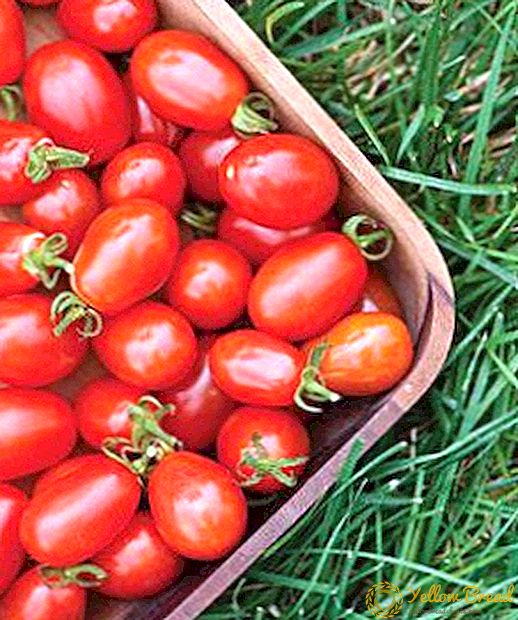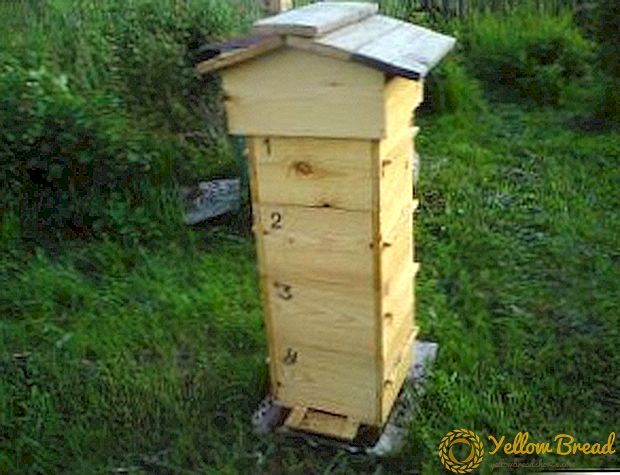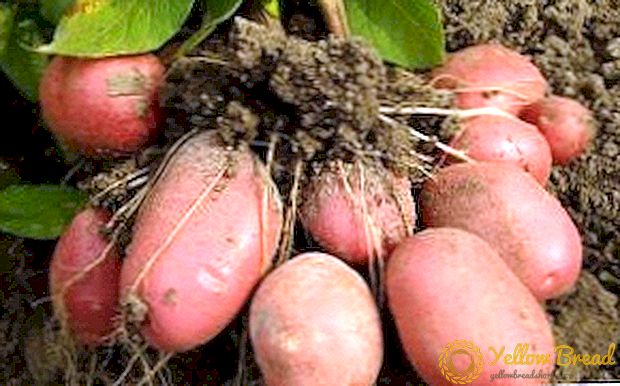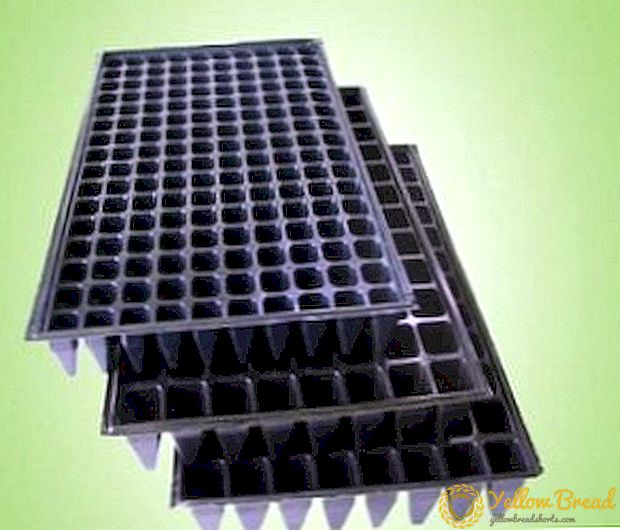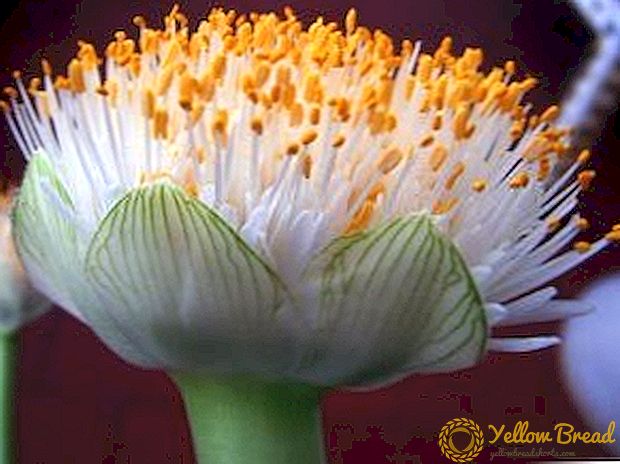
Geese diseases are a very difficult problem for farmers.
Various diseases very badly affect the number of geese in the herd, and also cause both material and aesthetic harm. All knowledgeable farmers know that it is better to prevent a disease than to calculate losses as a consequence.
In comparison with other poultry, geese are most susceptible to various diseases.
Almost all poultry farmers take preventive actions to protect against diseases.
In this topic, we will touch on many diseases of geese, describe them, tell you about the treatment and preventive measures. The main thing is to love your poultry, to know everything about your pets.
Viral diseases are very dangerous for geese. Birds are very badly affected by low house temperature and draft. What ultimately the geese detected colds and inflammations.
Also, bad and untimely feeding, dirty water, dampness in the house, where they are kept, presence of birds of all ages in one house and many other factors have a bad effect on domestic birds.

In order to avoid diseases, it is necessary to feed the geese with full nutrition, which contains vitamins and trace elements necessary for their bodies.
No harmful impurities or soured feed should be allowed in the bird feeders, as gastrointestinal diseases may occur.
A ventilation system should always work properly in the house to avoid either overheating or cooling of the room.
Poor nutrition and poor feed quality have an impact on bird productivity.
Every day you need to release geese on the street. The sun's rays affect their body very well.
The importance of the separate content of different ages of the bird. This factor is one of the preventive measures for geese.
Non-contagious diseases

Avitaminosis. The disease manifests itself with a lack of vitamins.
Symptoms of the disease are fertility of geese, short stature, the death of young birds, lack of appetite, reduced egg production.
Treatment and preventive measures of the disease are as follows: you need to buy good and vitamin-rich food, add fresh greens, fish oil, grass meal and more to the food.
Rickets. The disease occurs when a small intake of vitamin D, as well as a small hit on the sun's rays.
Symptoms of the disease: poor growth, weakness, softening of the bones, thin shells in eggs, softening of the beak.
As a treatment and prevention of the disease, it is necessary to add fish oil, yeast, a preparation with vitamin D content to birds, to release geese outside in sunny weather.
Diarrhea. The cause of the disease is a lack of vitamin B.
Symptoms of the disease are: neck cramp, paralysis, stunted growth, torn feathers.
For the treatment and prevention of disease, it is necessary to add vitamin B, germinated grain, fresh greens, wheat bran and other nutritious elements to the diet of geese.
Cloacitis or other name inflammation of the mucous membrane of the cloaca. The cause of the disease is a lack of vitamins A, D, E and minerals.
Symptoms of the disease are: protrusion of the mucous membrane of the cloaca, on which cracks and ulcers can appear.
For the treatment and prevention of the disease, it is necessary to increase the daily intake of vitamins, add carrots, fresh herbs, bone meal to the diet. To release geese on the street, as well as provide the possibility of water bathing.
For treatment, it is necessary to clear the mucous membrane of the cloaca from pus, films with iodine solution, and then smear it with zinc ointment. It is even possible to use an ointment containing antibiotics: streptomycin and penicillin.
Cannibalism. The cause of this disease is bright lighting, high density among geese, lack of protein in the body of poultry, minerals and vitamins, high or low humidity in the room, insufficient ventilation.
Symptoms of the disease are: ruffled feathers, which the bird begins to clean, lubricate with fat, then the feathers break and the back and blood appear.
For the treatment and prevention of the disease, it is necessary to provide the birds with a sufficient dose of protein, vitamins and minerals, and give the birds fresh greens.
It is impossible to keep the birds very tight, not to allow dampness or dryness in the house, to provide an opportunity to approach the water for swimming. When a pecked bird is detected, it must be separated from all. It is imperative to establish the cause of cannibalism among birds and eliminate it.

Esophagus occlusion. The disease is most observed in young geese.The reason is the feeding of poultry with dry feed, the complete absence of wet food in the diet, low water consumption, and sometimes starvation.
Symptoms of the disease are: birds behave restlessly, shortness of breath appears, constantly open mouth, weakness and unsteadiness in gait. Sometimes geese die from choking.
For the treatment and prevention of disease, it is necessary to add a wet diet to the daily diet, to provide the bird with water.
It is impossible to feed geese with dry feed all the time. In order not to let the bird die, they are introduced into the esophagus about 50 grams of vegetable oil, after which the contents of the esophagus are gently squeezed through the mouth.
Stomatitis or "failing tongue". Geese with a subcutaneous fold are most susceptible. The disease is not massive.
The disease is most pronounced in birds kept in home gardens, where there are vitamins and microelements in the geese feeding. The peak of the disease occurs in either spring or autumn.
Symptoms of the disease are: inflammation of the mucous membrane, loss of tongue in place between the jaws, the formation of a diverticulum.The disease develops very long and is chronic.
First, there is a slight redness in the mouth, a small swelling and soreness, the appearance of more saliva and mucus. Poor eating feed and poultry weight loss, reduced egg production.
For the prevention and treatment of the disease, it is necessary to monitor the proper and timely feeding of geese. It is necessary to provide enough geese with vitamins and minerals.
In case of disease, it is necessary to treat the oral cavity of geese with a solution of potassium permanganate. But it also happens that the poultry farmer is cut down by livestock.
Qatar goiter. The disease is most common in aged geese. Occurs due to feeding geese spoiled feed.
Symptoms of the disease are: swelling of goiter, geese sitting foolishly.
Treatment and prevention of the disease is in the massage of goiter, it is necessary to give the birds a five percent solution of hydrochloric acid. Do not feed geese with spoiled feed.
Enteritis. Most often the disease manifests itself in young geese. Appears when bad food and dirty water.
Symptoms of the disease: inflammation of the gastrointestinal tract.
During treatment, it is necessary to give goslings water with hydrochloric acid biomycin, as well as a solution of potassium permanganate.
During the prevention it is necessary to monitor the feeding of birds.
Genital diseases

Yolk peritonitis. The disease occurs only in females. Causes of the disease can be rough handling, fear, the content in food of a large amount of protein.
Symptoms of the disease are: inflammation of the peritoneum and intestinal loops. The disease is very difficult to cure, and sometimes not cured at all due to poor knowledge of the disease. Methods of treatment are not developed.
Prevention of the disease consists in the treatment and cleaning of the premises, in the proper nutrition of geese, and the observance of the density of geese in a certain area.
Oviduct prolapse. The disease occurs as a result of carrying large eggs, or eggs in which two yolks are formed.
Symptoms of the disease are inflammation of the oviduct, diarrhea or constipation.
The treatment of the disease consists in washing the oviduct with cold water, then in a solution of alum or potassium permanganate, and then, with special care, right into the cloaca.
Then you need to put in a small piece of ice.Sometimes the female can not carry an egg for several days, for this it is necessary to gently reach the egg with hands smeared with petroleum jelly.
Or, first enter the oil into the oviduct, then carefully destroy the egg shell and remove everything completely from the oviduct.
Infectious diseases
Aspergillosis. The cause of the disease is the ingress of a mold fungus into the respiratory tract. This mushroom is in the soil, manure, dirty input, in the litter.
Symptoms of the disease: the fungus, caught in the respiratory tract, it begins to grow. With growth, it begins to release toxic substances that poison the body. Sometimes the disease develops chronically, and sometimes it manifests itself very quickly.
Geese lose weight with poor appetite, become lethargic, bad breath, the appearance of thirst. Sometimes young geese get sick and become carriers of the fungus. It happens that geese die very fast.
Treating geese is very difficult and sometimes not possible.
Disease prevention is the use of mold-free feed, the use of rotten bedding. Ventilate the room, do not allow excessive humidity, clean the room, do not allow the crowding of geese.
Disinfection against mold formation can be carried out with formalin and copper sulfate solutions. Sometimes in the drinking water of birds you can add a solution of chloramine for ten days.

Salmonellosis or paratyphoid. The disease is very contagious, it is caused by Salmonella. This disease appears in very small goslings.
Infection occurs through the air and the gastrointestinal tract. The causes of the disease are beriberi, excessive overheating, poor bird content, high density between birds.
Symptoms of the disease are: lethargy, inactivity, low wings, poor appetite, thirst, conjunctivitis, for tears. Sometimes there is depletion of the body and short stature.
In adult birds, the disease is chronically, and in small birds very quickly and acutely. If a bird recovers from the disease, Salmonella still lives in its body.
The treatment of the disease consists in the use of furazalidone preparations, as well as antibiotics biomycin, tetracycline, oxycytracycline.
In the prevention of disease are the following measures in the isolation of sick birds, it is also necessary to monitor the cleanliness and hygiene of the room, the inculcation of birds.
Colibacteriosis. The disease is infectious with manifestations of toxicosis. Most often whiten young birds. The causes of the disease are dampness in the house, poor ventilation, poor nutrition, overheating, low water consumption.
Symptoms of the disease are: fever, thirst, loss of appetite, frothy feces of a greenish color.
Treatment and preventive measures of the disease include the use of a solution of furatsilina. The whole sick bird must be killed. The room must be very thorough disinfection.

Pasteurellosis or cholera. The disease is infectious, caused by pasteurella bacteria. The causes and pathogens of the disease are sick birds, small rodents, poor conditions of detention, adverse weather. Young geese are ill most of all.
The disease is transmitted by airborne droplets, through food and drinking water. The disease mainly manifests itself in the autumn or spring season.
Symptoms of the disease are: the bird keeps its head under the wing, the bird sits foolishly, depression, weakness, poor appetite, thirst, frothy mucus leaks from the beak, wheezing during breathing, diarrhea with blood, fever, cramps, often the bird dies.
To treat the disease you need antibiotics and sulfa drugs.
In order to prevent the disease you need to vaccinate birds. Clean and disinfect the room.
Diseases caused by parasites
Echinostimatosis. The cause of the disease is the occurrence of trematodes and echinostomathodes in the bird's stomach. They occur in the stomach during consumption of tadpoles, mollusks and frogs.
The symptoms of the disease include: poor state of geese, diarrhea, weakness, loss of appetite.
The treatment is carried out with phenosalm and betionol.
Disease prevention is the use of clean water for birds. After treatment, quarantine is arranged for about three days.
Cutaneous parasites. The cause of the disease is the presence of puffs.
Symptoms of the disease are: reduced egg production and poor poultry development.
The treatment is a pest control.
Prevention consists in smearing the skin of birds with ointments.

Worms. The causes of the disease are impure water and feed.
Symptoms of the disease: decreased bird immunity, as well as a sharp weight loss.
Treatment of the disease is very difficult, it is better not to allow
The prevention of the disease include such activities as cleaning and disinfecting the house.
Bird poisoning
The cause of bird poisoning is the use of poisonous plants, forage covered with mold, the accidental use of poisons and fertilizers.
It can proceed very quickly or chronically. It happens that a bird from a poisoning dies very quickly.
Symptoms are diarrhea, convulsions, vomiting, thirst and anxiety of the bird.
The poisoning happens, arises from insufficiently careful disinfection. For treatment, vinegar is added to water and the bird is watered. And the eyes are washed with water.
There are food poisoning. With such poisoning, there is a flow of saliva, frequent breathing, asphyxiation and convulsions.
It is possible to treat a bird with the help of vegetable decoctions, vegetable oil, vodka, and sometimes just enough to pour cold water on geese.
With prevention, you need to make sure that the bird, not eating beets, potatoes.
Fusariotoxicosis is poisoning when ingesting animal feed that is affected by parasites. When treating you need to give geese castor oil and vodka.

